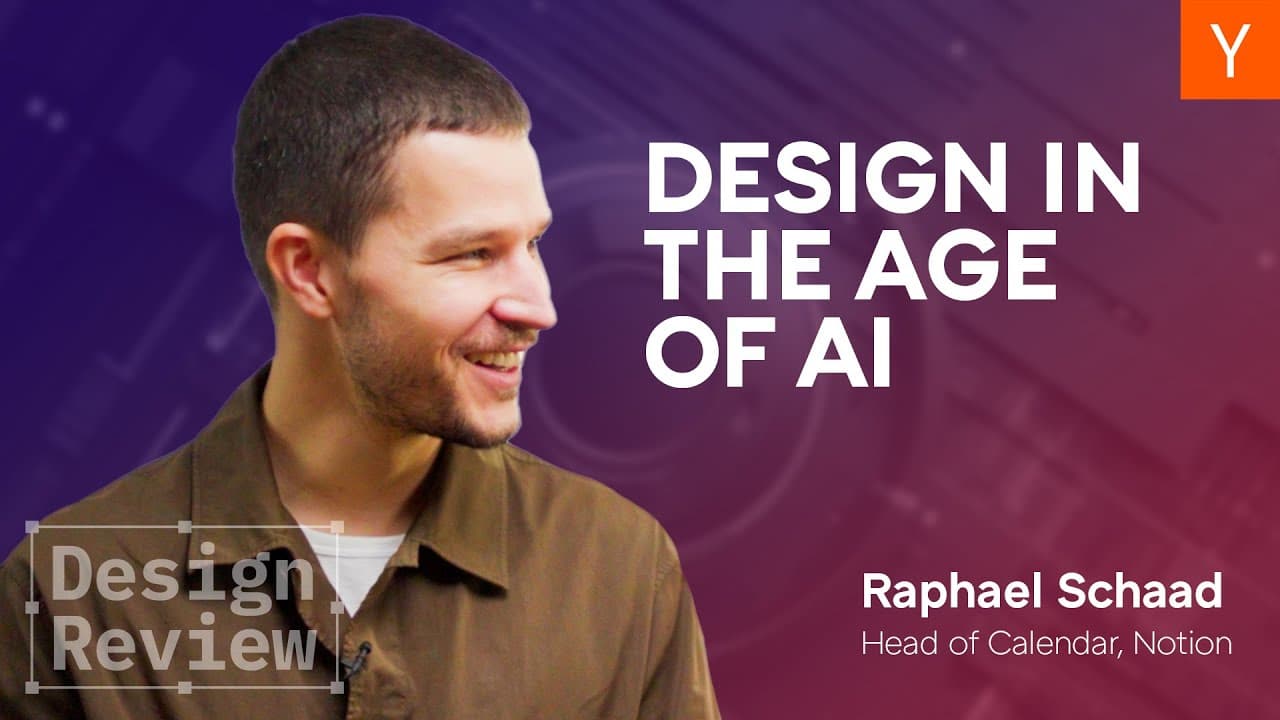Founders Shift AI Narrative, Prioritizing Problem-Solving Over Buzzwords

Prominent founder and Y Combinator Visiting Partner Raphael Schaad predicts a significant evolution in how entrepreneurs will present their innovations, moving away from generic "AI" labeling. Schaad stated on social media, "> Feeling we’ll soon see the best founders stop talking about “AI.” They’ll describe the problem and their unique product solving it (in most cases OF COURSE using LLMs, GenAI, ML, etc.) and stay clear of pitches like “XYZ but w AI.” Less frenetic, at least as exciting." This sentiment reflects a growing maturity in the artificial intelligence market.
The shift indicates that the novelty of simply "using AI" is diminishing as the technology becomes more ubiquitous. Founders are increasingly recognizing that sophisticated buyers are less impressed by the mere presence of AI and more interested in the specific problems it solves and the tangible value it delivers. This marks a transition from technology-centric pitches to a solution-oriented approach.
Industry experts note that the market is moving past the initial "AI-powered" frenzy, with companies now needing to articulate clear differentiation beyond buzzwords. According to recent analyses, the velocity of innovation, rather than static feature sets, is becoming the new competitive moat for software companies. Buyers are seeking partners who can demonstrate continuous evolution and problem-solving capabilities.
For founders, this means focusing on the core business problem their product addresses and how AI serves as an integral, yet often understated, component of that solution. The emphasis is now on outcomes and efficiency gains, with AI seamlessly integrated into the product's value proposition. This strategic pivot aims to cut through the noise of an increasingly crowded AI landscape.
Raphael Schaad, known for founding the calendar app Cron (acquired by Notion) and his role in advising startups at Y Combinator, brings a seasoned perspective to this trend. His observations underscore a maturing ecosystem where substance and clear value proposition will increasingly outweigh superficial technological claims, fostering a more grounded and impactful innovation cycle.